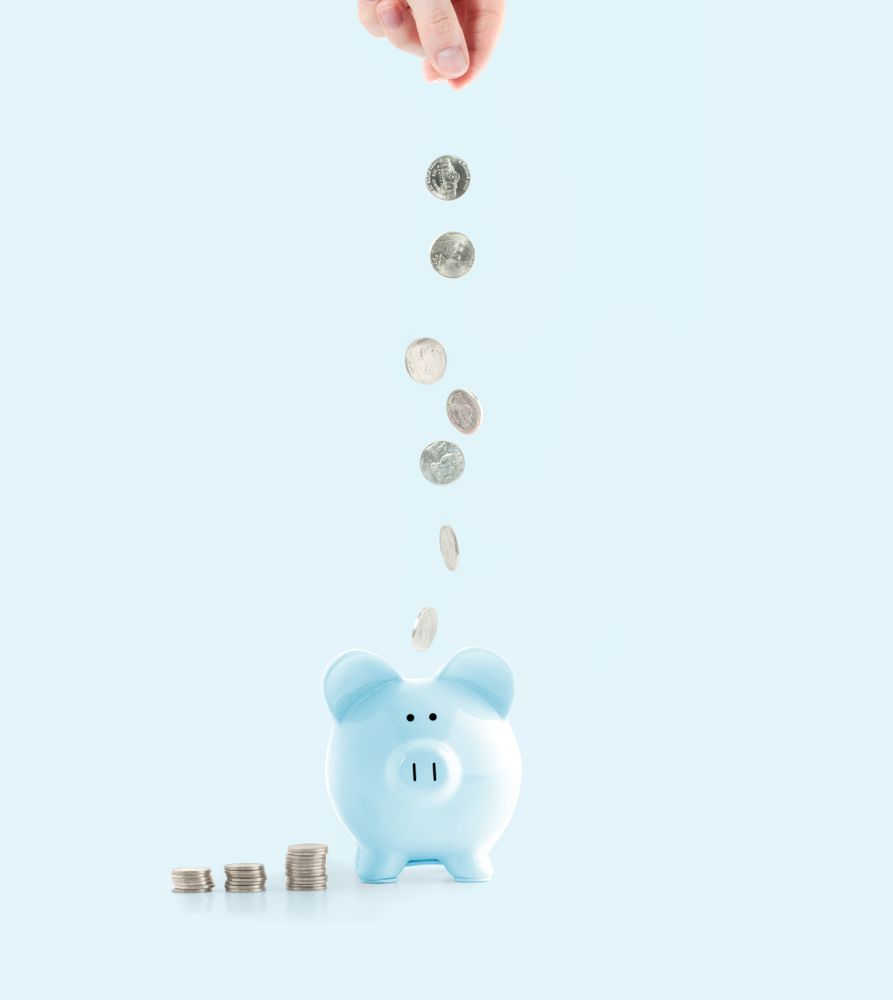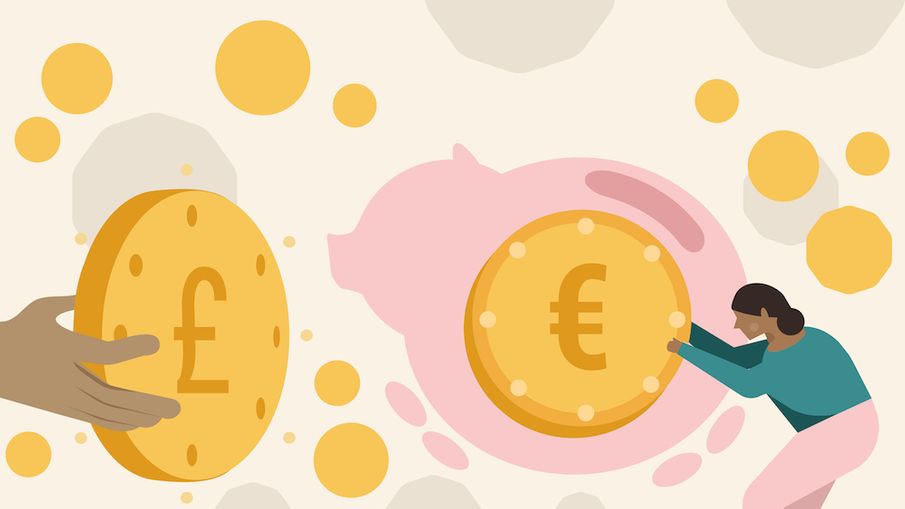It’s no secret, money worries have the ability to rob us of positive mental health, but it doesn’t have to be this way. Here are some priceless tips that can save you both cash and stress
The state of our mental health can often be reflected by that of our bank account. The stress of debt, trying to balance our expenses, and the price of prescriptions, amongst other things, can all add up to impact our mental health.
For those with serious concerns for their finances, it’s best to seek advice and support sooner than later – online resources such as moneysavingexpert.com and citizensadvice.org.uk are good places to start.
For those who aren’t in a dire situation, but feel the pressure to stretch that paycheck each month, here are a few simple steps to support our finances, and in turn help us capture that priceless feeling of positive wellbeing.
1. Don’t be afraid to haggle
It comes down to simple economics; shops want to make a profit, but you want to get value for money. By law, you don’t have to accept the ticketed price first off; no contract has been struck until money has changed hands. So, there is often a opportunity to ask for a deal.
If it’s your first go at haggling, maybe ease yourself in by asking the retailer if they can throw something in with your purchase as a starting point. Aim to add something smaller in value than the main purchase, preferably that accompanies it – an HDMI cable for your TV, an electrical appliance with your kitchen, or a belt with your new jeans.
If you can aim to chat with the store supervisor or assistant manager, use their experience and understanding of customer satisfaction to your advantage. You may be told no, but you also never know unless you ask.

2. Speak the retailers’ language
Money Saving Expert (MSE) has tapped into a potential little goldmine, with retailers using price codes to secretly tell staff which models need to be offloaded sharpish. This holds true with some electrical retailers, who need to make way for new stock, as their shelf space is at a premium.
The key lies in the price – the last digit to be precise. While most prices end in 9 or 0, if one ends in 7 or 8 (£29.97 or £184.98 for example), it usually means it’s a discontinued product. Better still, if it ends in a 1 (so, £23.91), the model is often very old clearance stock, and the store just wants it gone. These might be your best bet to negotiate on.
MSE has also revealed you can use a bit of insider knowledge from the comfort of your own home. Stock up your online shopping basket as normal, and proceed to the payment page. But before entering your card details, close the browser tab and abandon your shop for the night.
As if by magic, you could end up getting a discount code emailed to you the following morning. Shoppers revealed to MSE that H&M, ASOS and Tesco have sent out discounts. Make sure you’re signed up as an account holder, as it means they’ll have your email address saved, and you could receive that all important code.

3. Play the long game
Budget, save, plan. All very easy words to say, but how do we go about putting them into practice? One way is calling for a little help from our tech friends. Meet Bean, an app which will help you manage your money impartially, and free of charge.
The magic behind the app is that it sifts through your account, detects rarely used subscriptions, and where you may be overpaying on your bills. It even suggests where you can find the cheaper alternatives.
Another helpful app is Money Dashboard, which allows you to set goals for different parts of your finances. Thinking ahead is crucial, and the more we think about where our money is really going, the easier it may be to find places to cut back.
4. Prescriptions
Since the link between money and health is the fundamental theme here, there’s also little-known savings you could make on your prescriptions. Common medication, such as painkillers and skin creams, are available over the counter, and at a fraction of the prescription price.
Alternatively, a prepayment certificate could be a big saver for regular prescription users. It effectively acts as season ticket; you pay £29.10 for three months or £104 for a year, which covers all of your prescriptions in that timeframe. Just two prescriptions a month under an annual ‘season ticket’ could help save you more than £100.
If you feel your money worries are affecting your mental health, you may want to speak to a professional. To find a counsellor or therapist, visit Counselling Directory or use the search box below.


Comments